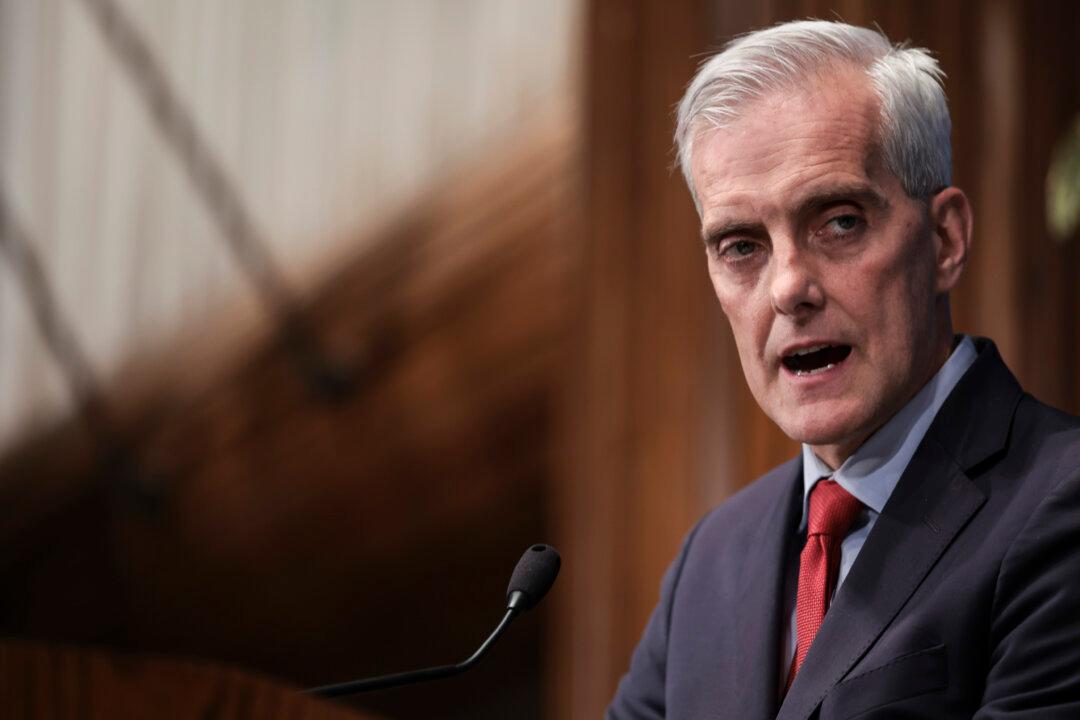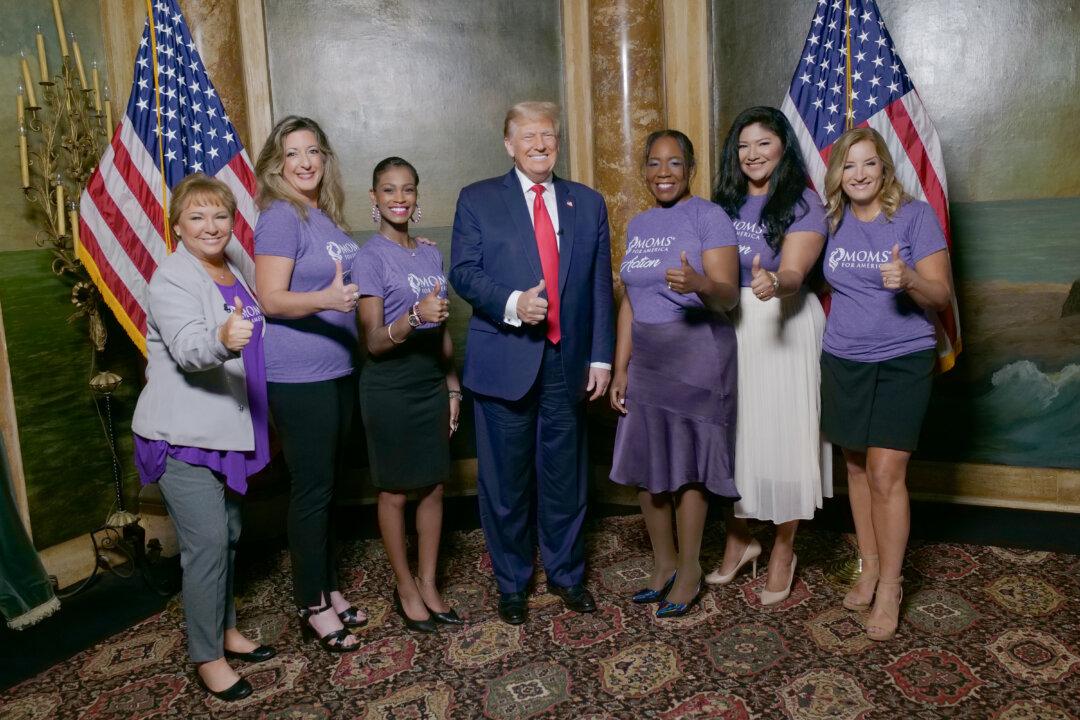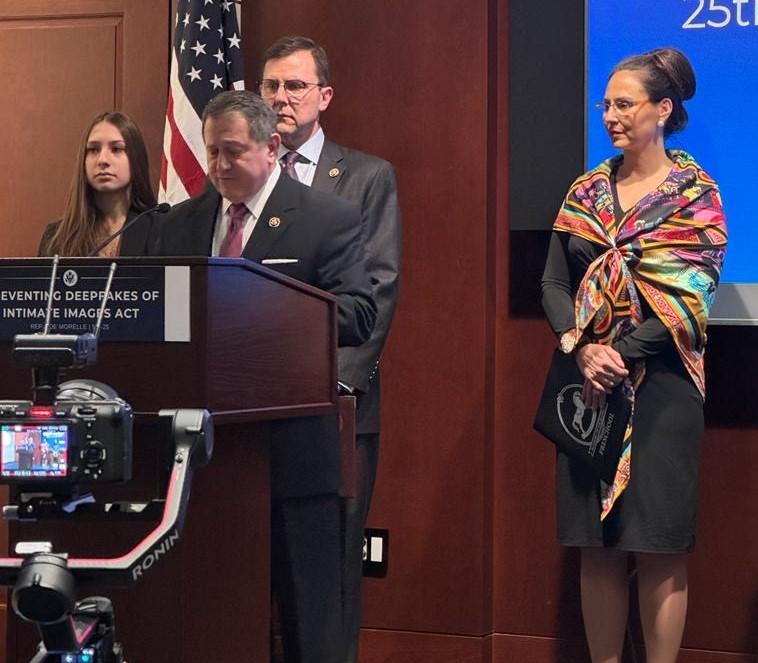During the House Appropriations subcommittee hearing on March 29, Rep. Sanford Bishop (D-Ga.), a U.S. Army Vietnam War-era veteran, needed answers from Department of Veterans Affairs (VA) Secretary Denis McDonough regarding veterans’ access to pharmaceuticals.
McDonough was testifying in front of the Military Construction, Veterans Affairs, and Related Agencies subcommittee in support of the Biden administration’s $325.1 billion proposed VA budget for 2024, which includes $121 billion in discretionary funding for medical care—an increase of $2.3 billion over the enacted amount for 2023.





